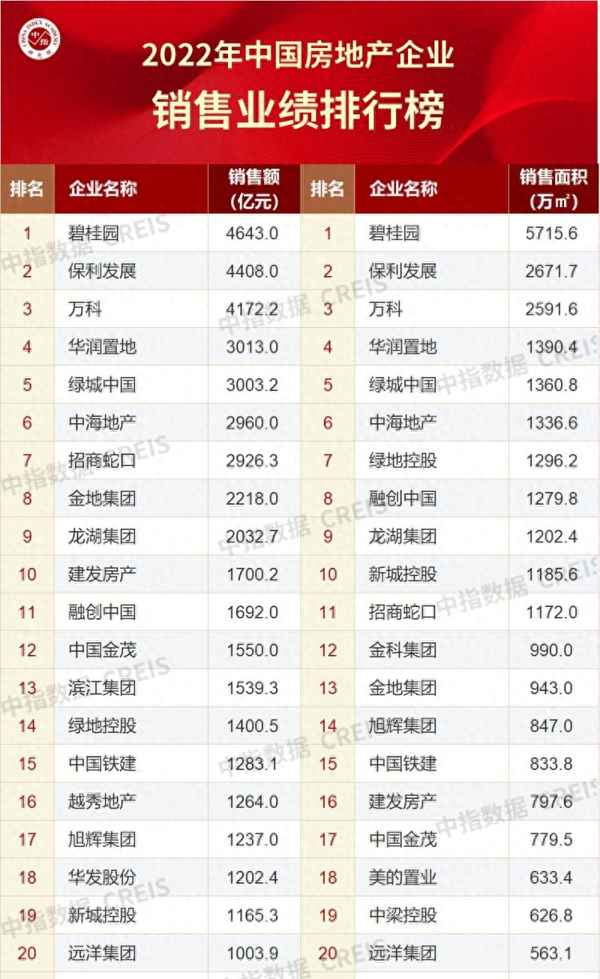香港50年自治權;香港50年自治權多少年

作者:蕭平
XIAO PING
資深時事評論員。
Why does central govt have overall jurisdiction over HK?
2014年6月國務院新聞辦發表《白皮書》,提及中央對港有全面管治權。香港有人對此大加撻伐,稱全面管治就是“什么都管”、“一國一制”,是對基本法的“僭建”。這些指責很可笑,暴露出對中央與特區關系的無知。“全面管治權”并不費解。首先它是國家主權的固有權力,從香港回歸起就存在。其次它與特區高度自治權并行不悖,絕非什么都管。
The White Paper on the Practice of the “One Country, Two Systems” Policy in the Hong Kong Special Administrative Region, issued in June 2014 by the Information Office of the State Council, states that the central government holds the power to exercise overall jurisdiction in the HKSAR. This statement of a plain fact irritated some people in the city who interpreted “overall jurisdiction” as “controlling everything”, “one country, one system” and even “unauthorized addition” to the Basic Law of the HKSAR. Such accusations are absurd at best and indicative of their ignorance regarding the relationship between the central government and the HKSAR.“Overall jurisdiction” is not difficult to comprehend. It represents the inherent authority of the sovereign state and is not in conflict with the high degree of autonomy of the HKSAR. Nor does it mean the central government controls everything in Hong Kong.
為什么是固有權力?晚清以后的中國政府始終沒有放棄對香港的主權,只是因為被英國強占而無法管治香港,從而無法行使主權。中國政府收回香港,恢復行使主權,其實質就是收回治權。國家主席習近平說得明白,“香港從回歸之日起,重新納入國家治理體系。”全面管治權是主權的體現,收回卻不能管治,收回就失去了意義。
Why is the power of “overall jurisdiction” the “inherent authority” of the central government? Historically speaking, no Chinese government after the Qing Dynasty (1644-1911) abandoned sovereignty over Hong Kong, although the state was unable to exercise jurisdiction because the city was occupied by the British empire. With the resumption of the exercise of sovereignty over Hong Kong, the Chinese government naturally regained the governing power of the HKSAR. President Xi Jinping made it clear, “Hong Kong has been back in the national governance system since China resumed the exercise of sovereignty over the city.” Sovereignty is demonstrated through overall jurisdiction. It would be pointless to resume the exercise of sovereignty over Hong Kong without the power to exercise overall jurisdiction over the HKSAR.
為什么并行不悖?高度自治是全面管治權的一種特殊的實現方式,對特區自治范圍內的地方事務,中央是不管的。白皮書寫明,全面管治權既包括中央直接行使的權力,也包括授權特區高度自治;對特區的高度自治權,中央具有監督權。這就是一國兩制下,中央全面管治權與特區高度自治權的有機統一。
Why is “overall jurisdiction” not in conflict with a “high degree of autonomy”? Granting Hong Kong a high degree of autonomy is a unique way to exercise overall jurisdiction: The central government has authorized the HKSAR to run the city with a high degree of autonomy, and refrains from directly managing affairs that fall within the scope of the HKSAR’s autonomy. According to the white paper, overall jurisdiction covers affairs only the central government has the power to run and those the HKSAR runs under a high degree of autonomy; and the central government has the power to supervise Hong Kong’s high degree of autonomy. This demonstrates the organic bond between the central government’s overall jurisdiction over the HKSAR and the latter’s high degree of autonomy within the “one country, two systems” framework.
主權即最終決定權,是一個國家對其領土內的一切人和物享有的排他性管轄權。中國是單一制國家,不獨香港,中央政府對所有地方行政區域都擁有全面管治權。主權只有一個,只能屬于國家,而不能與地方分享。主權與治權也不能分割,主權是治權的依據,是治權合法性的來源;治權是主權的行使方式,喪失治權,主權就成了空中樓閣。中央依據主權決定對香港的管治方式,包括選擇有利于保障中央行使主權、落實全面管治權的政治體制,這是確立行政主導體制的重要考慮。
Sovereignty is the ultimate decision-making power, the highest authority of the state to handle domestic and foreign affairs independently and on its own accord. As a unitary state, China’s sovereignty is exclusively maintained by the State rather than being shared with regional authorities. Overall jurisdiction cannot be separated from sovereignty, because sovereignty is the basis of overall jurisdiction and makes the latter legitimate; meanwhile exercising overall jurisdiction is how sovereignty manifests itself, meaning sovereignty without overall jurisdiction is just an empty idea. The central government exercises sovereign power and determines the way it runs Hong Kong, including a political framework that ensures its sovereign power and overall jurisdiction, which is the main reason why the SAR’s institutions are led by the executive branch.
中英就香港前途問題談判時,英方先試圖確認不平等條約的有效性,繼續侵占香港主權,被鄧小平以“主權問題不可以討論”懟回;繼而提出“主權換治權”,承認中國對香港的主權,但繼續由英國人管治,這同樣遭到中方堅決拒絕,鄧小平說“香港人能治理好香港”。
When China and the United Kingdom discussed issues concerning the future of Hong Kong, the British side attempted to continue usurping the exercise of sovereignty over the city by trying to confirm the effectiveness of the unequal treaties. After Deng Xiaoping rejected such proposals, the UK government offered China a “deal” that would give the exercise of sovereignty over Hong Kong back to China while Britain keeps the right to exercise overall jurisdiction over the city. It was of course categorically rejected by the Chinese side, as Deng insisted “the people of Hong Kong can take good care of their city on their own.”
有人說一國兩制是主權歸中央,治權歸香港。這與“主權換治權”是同樣的邏輯,是對主權的割裂。設立特別行政區,實行一國兩制,并未改變中國單一制的國家形式。香港的高度自治權并非與生俱來,沒有主權下的全面管治,就沒有授權下的高度自治。
Some people assume “one country, two systems” means the central government holds sovereignty over Hong Kong while overall jurisdiction belongs to the latter. Their logic is the same as that of “sovereignty in exchange for overall jurisdiction” proposed by Britain, and would have severed sovereignty and overall jurisdiction over Hong Kong. The establishment of special administrative regions and implementation of “one country, two systems” do not affect China’s unitary state model. Hong Kong’s high degree of autonomy is not inherent. Without the power to exercise overall jurisdiction, the sovereign State could not have authorized a high degree of autonomy for the HKSAR.
中央對行政長官的任命,就是直接行使中央權力;對特區法律備案和發回,對基本法做最終解釋,對部分法官任免的備案,就是對特區立法和司法的監督。中央權力中央行使,特區權力在中央監督下行使,依法行權,取予有道,既不放棄責任,又不越俎代庖,中央就是這么做的。
The appointment of the chief executive of the HKSAR is the central government directly exercising overall jurisdiction. Meanwhile, the requirement for the HKSAR to send a copy of every law it adopts to the central government for record, the power of the National People’s Congress Standing Committee to invalidate a Hong Kong law by sending it back, and the NPCSC’s exclusive power to issue ultimate interpretations of the Basic Law, demonstrate how the central authorities supervise Hong Kong’s legislative and judicial affairs. The central government exercises its power to maintain overall jurisdiction over Hong Kong and supervises how the HKSAR uses its rights and powers under a high degree of autonomy. That demonstrates clearly the relationship between sovereign power and authorized powers according to the Basic Law. The central government will never abandon its responsibility nor overreach it.
原文刊登于4月14日《中國日報香港版》







